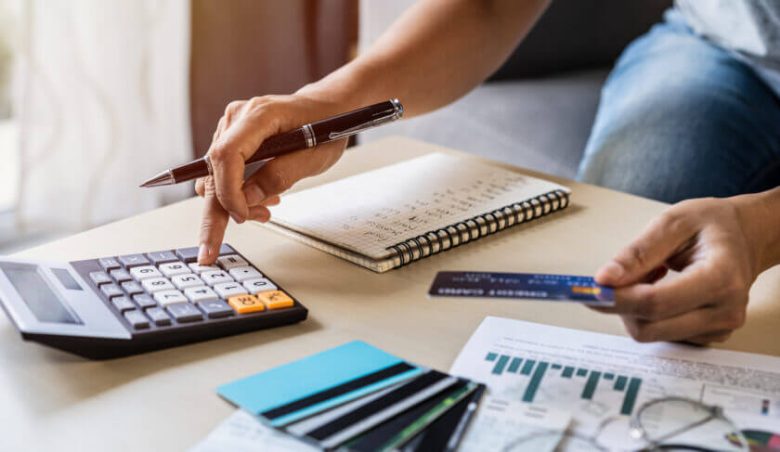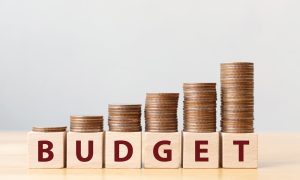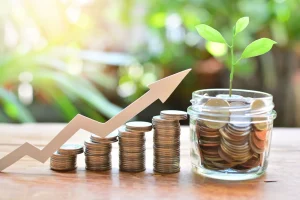Personal debt refers to money a person owes to others, such as banks, credit card companies, lenders, or even family members. Personal debt is tied to an individual and their finances, while business debt is closely tied to a business and its operations. This can include credit card debt, personal loans, mortgages, car loans, or even money borrowed from friends and family. People often incur debt for expenses they can’t afford immediately, such as buying a home, pursuing education, or dealing with emergencies. Debt can be beneficial and open up new opportunities, but it can spiral out of control if left unaddressed.
Different Types of Personal Debt
People can have many different types of personal debt. Credit card debt is the most common type. Due to high interest rates, it can quickly mount. Another significant type of personal debt, mortgages, can persist for decades and are closely associated with homeownership. Many people are finding it difficult to repay their student loans due to the rising cost of education. There are also car loans, medical debt, and personal loans from banks or family members. Some loans are considered “good debt” because they are tied to assets like education or real estate. Other loans, especially those with high interest rates and no long-term returns, are considered “bad debt.” All types of debt can impact a person’s financial well-being in one way or another.
Why People Get Into Debt
Many people fall into debt because their earnings aren’t enough to cover urgent needs or major purchases. Most people don’t have enough savings to buy a house or a car, so they often have to borrow money to get by. Some use credit cards to make ends meet, cover medical emergencies, or pay for their education in the hopes of finding a better job in the future. While borrowing money can make life temporarily easier, it also means you have to repay it. If these debts aren’t structured properly, they can strain your budget and limit your financial flexibility.
The Cost of Borrowing Money
When borrowing money, interest is usually charged on top of the amount borrowed. The type of loan, the borrower’s credit history, and the lender’s terms all affect the interest rate. Even small amounts can add up significantly over time if the interest rate is high and payments are late. For example, if you only pay the minimum on your credit card debt, the interest can quickly become unaffordable. This means that understanding the cost of borrowing money is crucial. Many people don’t realize how much interest they’re paying on top of the amount borrowed.
How Debt Affects Daily Life
Debt has a significant impact on a person’s daily life. Monthly payments reduce disposable income, making it harder to buy other things they want or need. People with significant debt often worry about how they’ll pay their bills. Financial problems are a common cause of stress within the family, which can also damage relationships. If you have excessive debt, you might have to limit activities, postpone vacations, or forgo major purchases. Debt can change a person’s lifestyle and leave them feeling constantly under financial pressure.
Managing Debt Responsibly
Debt can be stressful, but it’s not always detrimental. By managing debt responsibly, you can borrow money and maintain your financial stability. This means creating a budget, paying bills on time, and not borrowing money you don’t need. For example, by using credit cards only for emergencies or paying them off in full each month, you can avoid high interest charges. Also, only borrowing when you need and can afford it can help you avoid financial strain. By making smart choices and developing a repayment plan, people can reap the benefits of debt while maintaining a responsible approach.
Debt and Financial Freedom
The worst thing about personal debt is that it limits your financial independence. People with debt have fewer choices when it comes to spending money. They can’t save, invest, or spend freely because they have to repay. Fear of not being able to repay can limit opportunities like starting a business, traveling, or even changing jobs. To achieve financial freedom, you generally need to reduce or eliminate debt so you can use your money more wisely without constant worry.
Conclusion
While personal debt can provide opportunities, it can also pose significant risks. It can impact your mental health, daily life, long-term financial goals, and complete independence. The first step to successful debt management is understanding what debt is, how much it costs to borrow, and how it affects your health and finances. By learning how to manage debt responsibly and making smart choices, people can prevent it from becoming a burden and instead use it as a tool for progress. Ultimately, financial stability comes from finding the perfect balance between saving and borrowing, allowing debt to do its work instead of taking over your life.
FAQs
1. What does “personal debt” mean?
Personal debt refers to money borrowed from lenders like banks or credit card companies that must be repaid with interest.
2. Does any debt negatively impact your financial situation?
Not all debt is bad. Some types of debt, like student loans or mortgages, can be positive if they help you in the future. However, high-interest debt can harm your financial situation.
3. How does debt affect your credit score?
Having too much debt or falling behind on payments can damage your credit score, making it harder to get loans in the future or leading to higher interest rates.
4. Does debt cause stress?
Yes, guilt can lead to stress, worry, and even family disagreements, especially if the debt is too high or unmanageable.
5. What’s the best way to manage debt?
The best approach is to borrow only what you need, pay your bills on time, avoid high-interest debt, and create a repayment plan that fits your budget.




